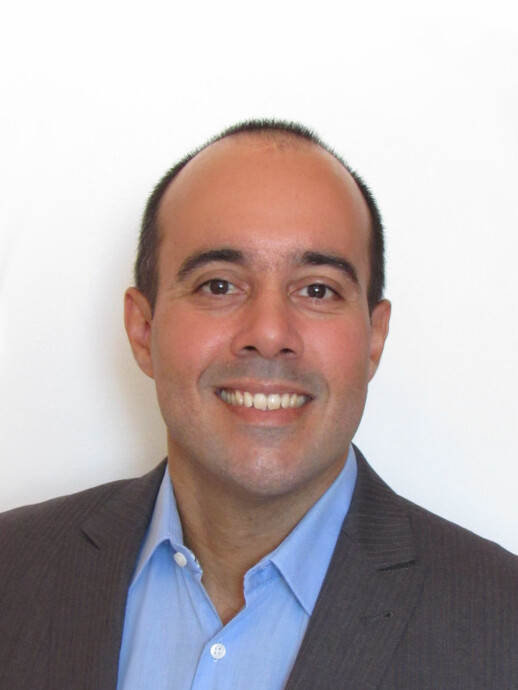
Contact
Areas of expertise
Biography
I am Associate Professor of Mechanical Engineering at the University of Turku, Finland, and Head of the Smart Systems Lab (https://sites.utu.fi/smartsystems/). Before taking up my position at the University of Turku, I was Associate Professor at the Federal University of Rio Grande do Norte, Brazil (2008-2021) and Assistant Professor at the Federal Center for Technological Education, Brazil (2004-2008). In 2014, I was awarded the prestigious Humboldt Research Fellowship for Experienced Researchers, which allowed me to be a visiting professor at the Hamburg University of Technology, Germany, from August 2015 to July 2017. I have more than 100 scientific publications on topics such as intelligent control, machine intelligence, nonlinear systems, robotics and mechatronics.
Teaching
I am responsible for the Smart Systems track of the Master's Degree Programme in Mechanical Engineering.
In addition, I am also responsible for the following courses:
- KTEK0038 Intelligent Control
- KTEK0055 Machine Learning for Mechanical Engineering
- KTEK0065 Hands-on Smart Systems
Research
The main directions of my current research are related to:
- Intelligent control: Intelligent controllers play an essential role in the design of more precise and energy-efficient smart systems, resulting in more safety, productivity, and sustainability. Combining modern nonlinear control techniques (sliding modes, adaptive methods and feedback linearization) with soft computing and machine learning algorithms (artificial neural networks, fuzzy logic, reinforcement learning and Gaussian process regression), it is possible to design control strategies capable of dealing with the uncertainties and external disturbances inherent to the unstructured world in which we live.
- Autonomous systems: By interacting more closely with humans, smart systems will increasingly face unexpected situations that could not have been foreseen by their designers. In this way, autonomous systems must be able to make quick decisions and still respect the moral and ethical issues of our society. This exciting research area is at the fore front of technological development and also offers the possibility of dealing with a multidisciplinary scientific topic, ranging from biologically inspired questions to important philosophical aspects.